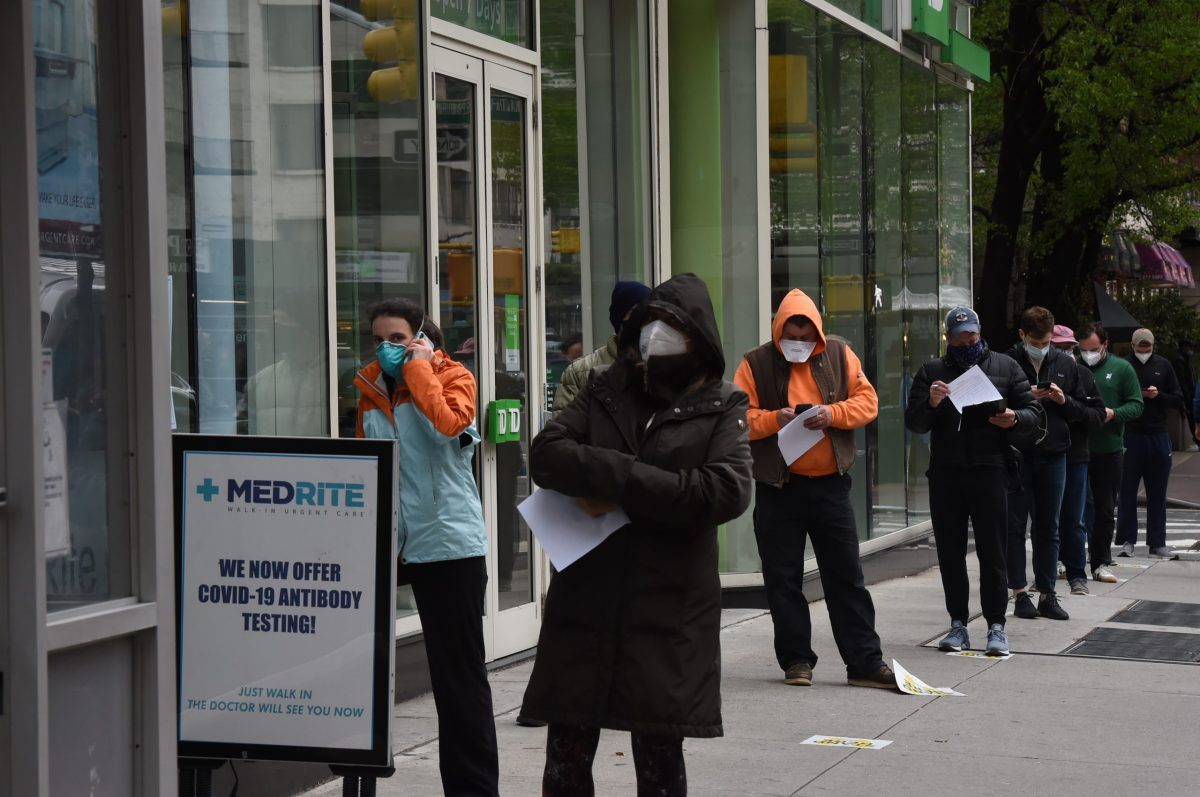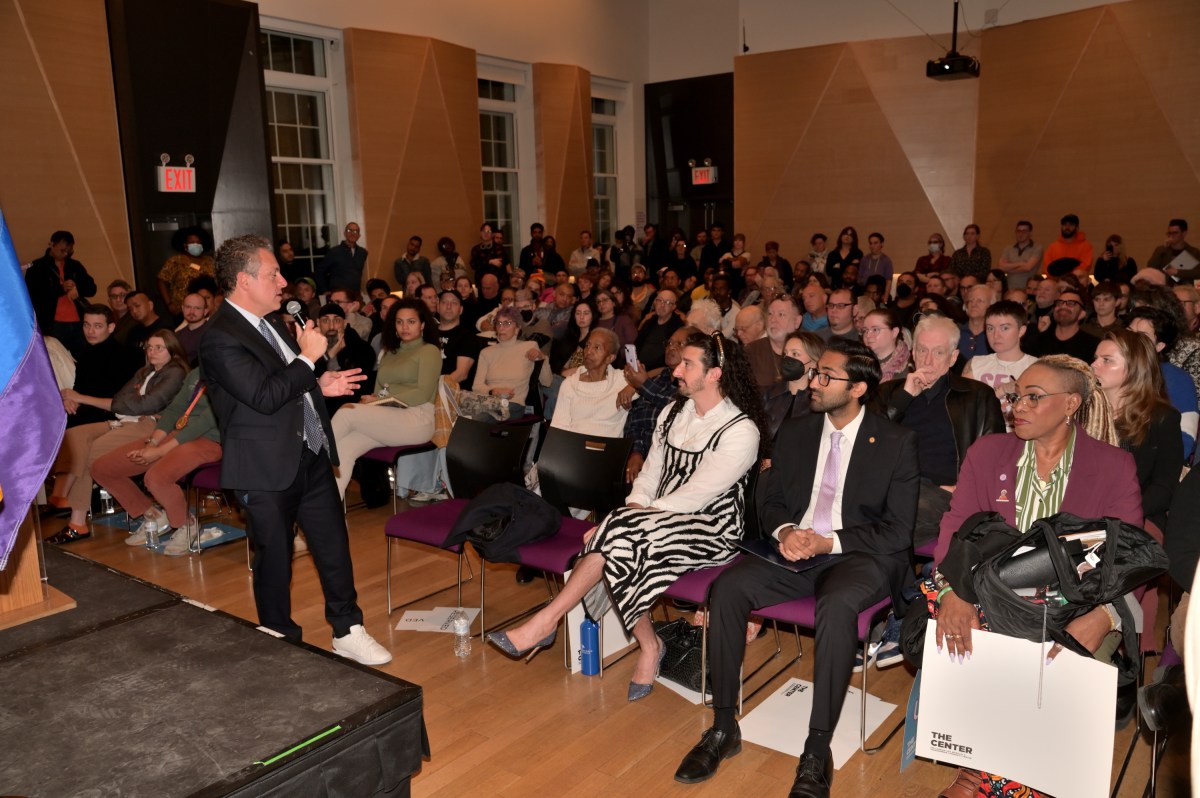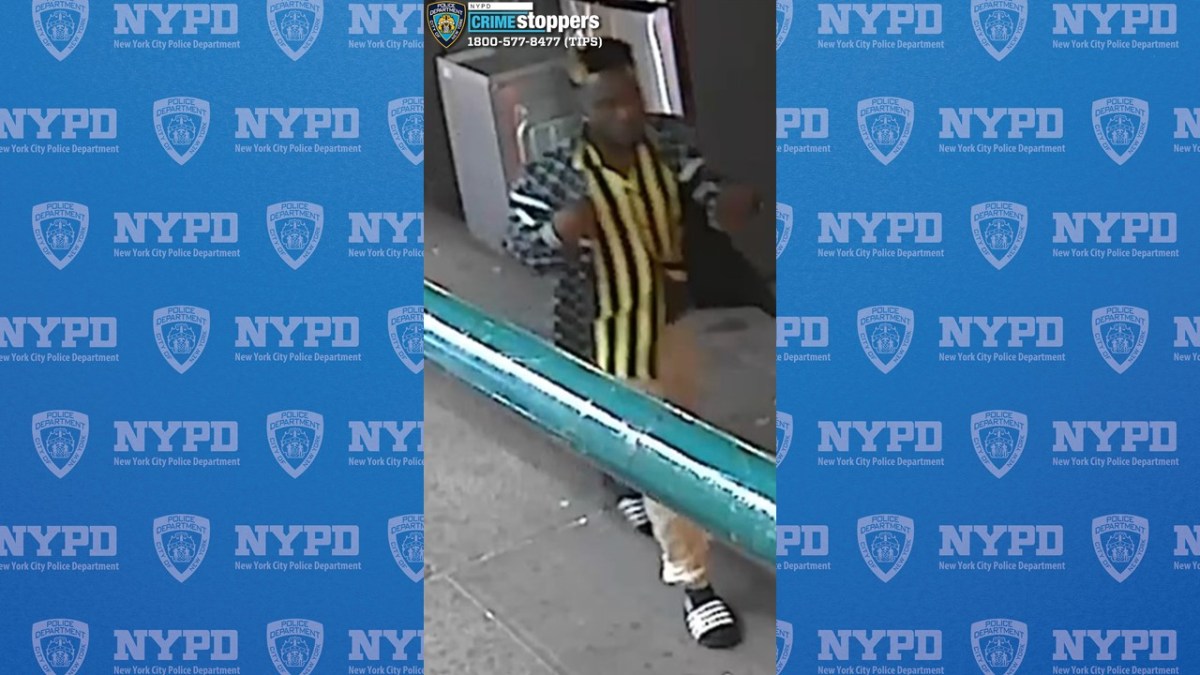By Senator Brad Hoylman and Kristin Brown
COVID-19 has exposed longstanding inequalities faced by people in low-income communities, where the pandemic is having a disproportionate effect. Low-income undocumented immigrants, who pay taxes in New York and work in sectors like healthcare and food delivery, won’t receive any federal stimulus. Low-income of domestic violence are forced to stay with abusers, because they cannot afford a home of their own.
As New York reopens, demand for legal help will almost certainly overwhelm the existing civil legal services infrastructure. Pre-pandemic half of New York’s civil legal needs remained unmet for low-income people. Post-pandemic, it is already clear that the gap will widen further. Low-income New Yorkers will need help seeking justice in issue areas like unemployment, foreclosure, eviction, bankruptcy and healthcare.
Governor Cuomo, the state court system, and New York State Bar have all acknowledged the surge in demand by announcing efforts to streamline the volunteer attorney network. What should guide their thoughts as they undertake this complex project?
First, we must assess each community’s need. For example, downstate immigrant communities may identify eviction as one of the most critical legal problems while in upstate and western New York, unfair debt collection or nursing home discharge may emerge as focal issues. Unemployment, foreclosure, and medical debt will likely be key issues for all low-income communities. In the end, it is likely that priority issues will vary from region to region on matters such as immigration, while overlap in other areas such as debt collection. In streamlining the volunteer attorney network, we need to meet each community’s needs.
Second, we should be prepared to chart a new course. Before COVID-19, government agencies funded many civil legal services organizations only if they meet certain benchmarks; yet these benchmarks no longer make sense in our new “normal.” It makes little sense to abide by pre-pandemic requirements that have been rendered difficult or impossible by the pandemic. For example, requiring attorneys to represent a certain number of in-court cases may have made sense before the crisis, but in the post-pandemic world where most non-emergency civil matters have been postponed, sticking to those requirements will just make the job harder.
Finally, legal services organizations must amplify their existing capabilities by mentoring volunteer attorneys and collaborating with the private bar. In the immediate aftermath of the pandemic, there must be legal representation for as many low-income people as possible. We need to establish a system that allows experienced attorneys to work on the most complex cases, while leveraging less experienced attorneys to help with the intake process, and with less complex cases. Training should clearly be a critical component in expanding capacity in areas of greatest need.
In the immediate future, we need to deal with COVID-19 by creating a competent legal force that will protect the communities that need it most. And in the long term, let’s use these priorities to guide our work to address existing structural inequalities in our civil legal system.
Senator Hoylman represents Manhattan in the State Senate and serves as Chair of the Senate Judiciary Committee. Kristin Brown is the President and CEO for Empire Justice Center, a statewide legal services and advocacy organization for low-income people.


































